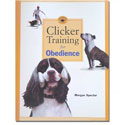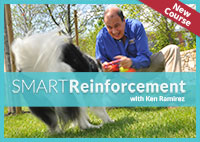Editor’s note: Premises for reality shows seem to be unlimited these days, so it came as no surprise when reality television went to the dogs. Greatest American Dog, which debuted on CBS in July 2008, featured twelve extraordinary teams of dogs and owners from across the nation, living together and competing against each another to determine who had the best-trained dog. Each week, the dog-owner teams competed in different training challenges, and each week a panel of three judges voted one team off. The last team standing earned the title of “Greatest American Dog” and $250,000.






